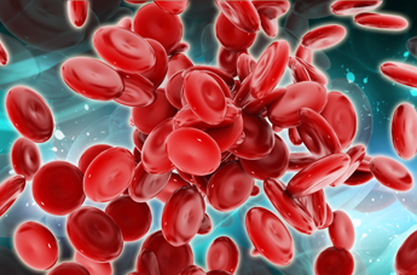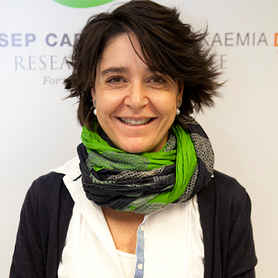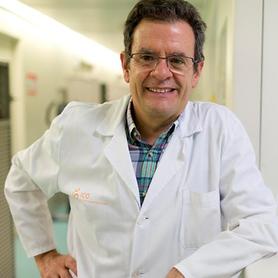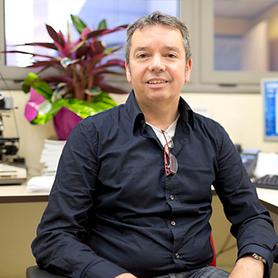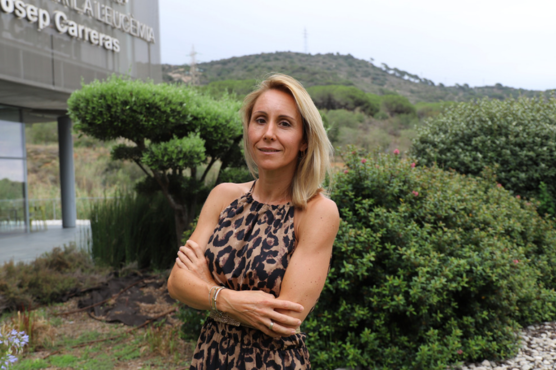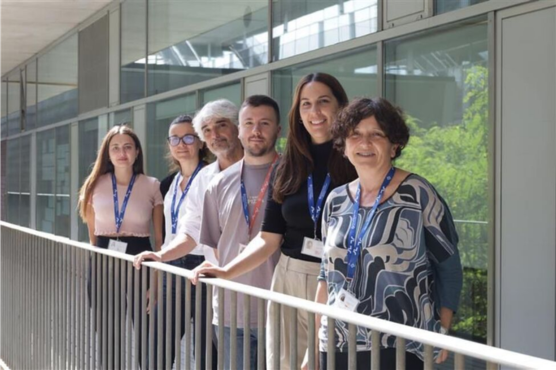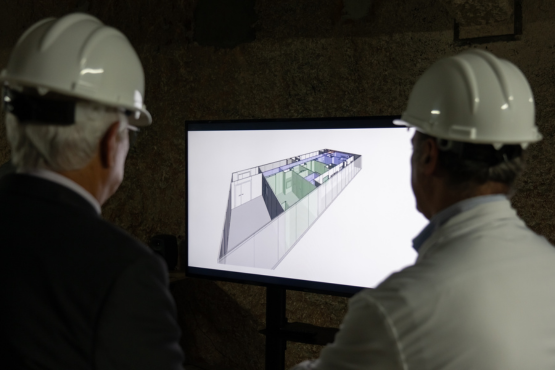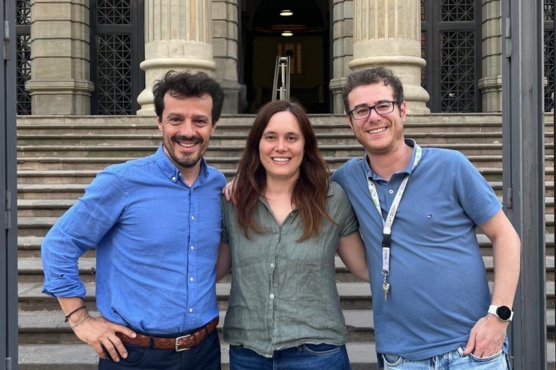-
The three groups who applied for Health Research Grants (formerly known as FIS grants) from the Instituto de Salud Carlos III in Spain were awarded grants for the next three years.
-
For an institution to be awarded 100% of the grants applied for is exceptional
This type of stable funding spread over several years is how scientists have traditionally been able to support a research team and pay for the costly materials needed to carry out scientific experiments and plan their research.
In the current economic climate in Spain there are fewer grants available from the Spanish Government for research projects. Of the two calls traditionally opened each year, both have seen far fewer grants awarded in recent years and less money allocated to each project. The grants have always been highly competitive and, therefore, new groups are finding it difficult to get started and established groups are being evaluated in fine detail to decide whether they will continue to be funded.
In this context, the Josep Carreras Leukaemia Research Institute is proud to have been awarded the three grants applied for in 2014. Three out of three is an excellent outcome and exceptional in the current situation.
Dr. Clara Bueno has been awarded a grant for “Genomic, Cellular and Developmental Reconstruction of Infant MLLAF4+ Acute Lymphoblastic Leukaemia”. This project will study a rare leukaemia in new-borns with a very poor prognosis. Due to the low numbers of patients and the fact that the disease is fatal it is difficult to study. The Stem Cells and Mesenchymal Cancer and Development Group is developing cellular models to study the disease in the laboratory.
The grant awarded to Dr. Josep Maria Ribera is for the project “New Generation Sequencing against Sensitive Flow Cytometry to detect residual disease in Infant and Adult Acute Lymphoblastic Leukaemia (ALL)”. When patients are apparently cured it is vital to detect any remaining leukaemic cells, which can cause the disease to come back. The latest technologies will be compared with the current standard method to find out if they are more accurate and avoid false negatives (where patients are declared disease-free when really they are not). Many techniques used in research are more accurate than standard clinical tests, but they must pass strict safety standards before they can be used in clinical practice.
The group led by Dr. Francesc Solé will work for three years on the project “Sub-clonal Genetic Changes in Myelodysplastic Syndromes (SMD) 5q-patients treated with Lenalidomide (Revlimid®)”. This project will study the genes that make SMD in some patients resistant to therapy with Lenalidomide with a view to improving the prognosis for these patients.



